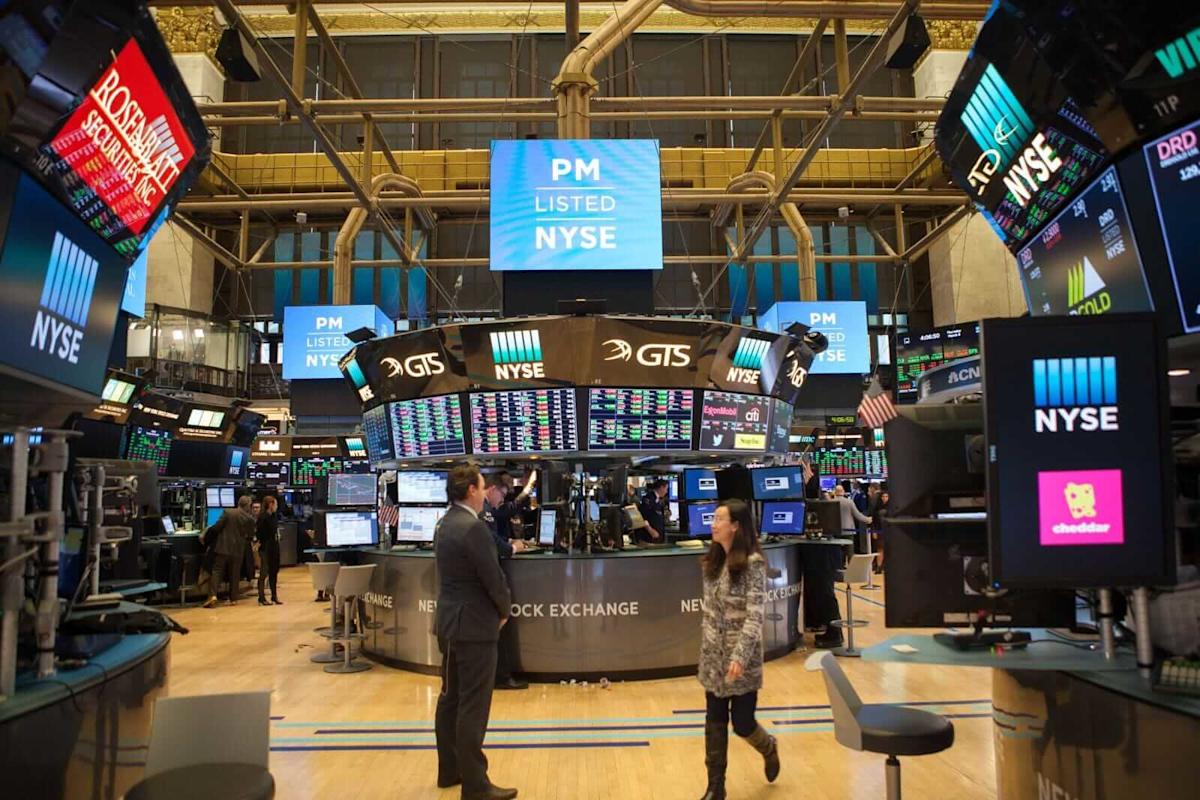The S&P 500 Index ($SPX) (SPY) today is down -0.56%, the Dow Jones Industrials Index ($DOWI) (DIA) is down -0.54%, and the Nasdaq 100 Index ($IUXX) (QQQ) is down -0.70%. September E-mini S&P futures (ESU25) are down -0.54%, and September E-mini Nasdaq futures (NQU25) are down -0.71%.
Stocks are under pressure today as trade tensions are back in the forefront, with US trading partners rushing to finalize trade deals with the Trump administration ahead of Wednesday's deadline. On Sunday, President Trump pledged to announce unilateral tariff rates on dozens of countries in the coming days. Mr. Trump also stated that countries aligning with the anti-American policies of the BRICS group of nations (Brazil, Russia, India, China, and South Africa) will face an additional 10% tariff.
Stock losses are limited after Treasury Secretary Bessent announced that August 1 will be the new effective date for higher tariffs, and some countries may be offered a three-week extension to negotiate. Also, the European Union (EU) and the US are moving closer to a trade agreement following a Sunday call between European Commission President Ursula Von der Leyen and President Trump, according to an EU commission spokesman.
Stocks also have support after President Trump last Friday signed the reconciliation bill into law. The fiscal stimulus from the bill will be a net positive for the US economy, but the higher deficit is negative as it increases the risk of an eventual debt crisis in the United States.
Tesla is down more than -6% to lead mega-cap technology stocks lower after President Trump criticized Elon Musk's bid to start a new political party, intensifying concerns about implications for Tesla and other companies led by Musk.
Another hurdle for stocks is the upcoming earnings season, which begins this week. Bloomberg Intelligence data show that the consensus for Q2 earnings of S&P 500 companies is for a rise of +2.8% year-over-year, the smallest increase in two years. Also, only six of the 11 S&P 500 sectors are projected to post an increase in earnings, the fewest since Q1 of 2023, according to Yardeni Research.













